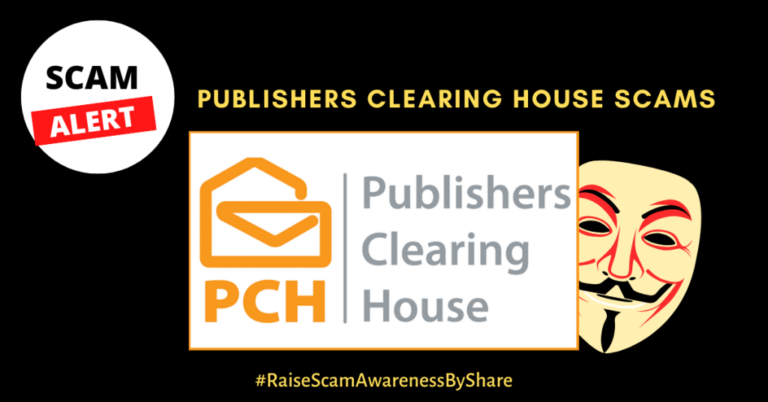Keto ACV Gummies Scams: Watch Out for Keto Diet Supplement Scams

In the quest for better health and weight loss, many people turn to supplements and dietary trends, with the ketogenic (keto) diet being a popular choice. Recently, a new trend has emerged – Keto ACV Gummies. These gummies claim to combine the benefits of the keto diet with apple cider vinegar (ACV) for a magic formula that promotes weight loss and overall health. However, as with any booming trend, there are scams lurking in the shadows. In this blog post, we’ll take a deep dive into what the Keto ACV Gummies are, how they work, and, most importantly, how to differentiate between genuine products and scams.
Understanding Keto ACV Gummies
Keto ACV Gummies are dietary supplements that combine the principles of the ketogenic diet and the supposed benefits of apple cider vinegar. The ketogenic diet involves consuming very low carbohydrates and high fats, pushing the body into a state of ketosis, where it burns fat for energy. Apple cider vinegar is believed to have various health benefits, including weight loss and improved digestion.
The Anatomy of Keto ACV Gummies Scams:
- Deceptive Marketing: Scammers often employ persuasive marketing techniques, such as eye-catching ads, fake testimonials, and celebrity endorsements, to promote their gummies.
- False Claims: Scammers make exaggerated claims, promising rapid weight loss, improved metabolism, and numerous health benefits from consuming their gummies.
- Fake Websites: They create websites that mimic legitimate e-commerce sites, complete with secure payment options to make the scam appear genuine.
- Free Trial Offers: Some scams lure customers with “free trial” offers but hide subscription fees in the fine print, resulting in unexpected charges.
- Low-Quality or Harmful Products: Scammers may sell gummies that are ineffective, contaminated, or potentially harmful to health.
Recognizing the Red Flags
Spotting the warning signs of Keto ACV Gummies scams is crucial for safeguarding your health and finances. Here are common indicators to be aware of:
- Too Good to Be True: If a product promises miraculous results or rapid weight loss with minimal effort, approach it with skepticism.
- Fake Endorsements: Be cautious of products that claim to have celebrity endorsements or testimonials without credible sources.
- Check the Website: Examine the website’s legitimacy by looking for contact information, terms and conditions, and customer reviews.
- Hidden Costs: Carefully read the terms and conditions, especially when presented with “free trial” offers, to uncover hidden charges.
- Research Ingredients: Investigate the ingredients in the gummies and consult with a healthcare professional if you have concerns about their safety or effectiveness.
Protecting Yourself From Keto ACV Gummies Scams
Defending against Keto ACV Gummies scams requires informed decision-making:
- Research Thoroughly: Investigate the product, company, and customer reviews before making a purchase.
- Consult a Professional: Before starting any new dietary supplement, consult with a healthcare provider to ensure it’s safe and suitable for your health goals.
- Be Skeptical: Approach sensational claims with skepticism and be cautious of products that promise extraordinary results.
- Verify Endorsements: Confirm the authenticity of celebrity endorsements or testimonials through official sources.
- Report Suspected Scams: If you encounter a Keto ACV Gummies scam or suspect fraudulent activity, report it to relevant authorities and consumer protection agencies.
Conclusion
The allure of quick and easy weight loss solutions can be tempting, but it’s essential to be vigilant and informed when exploring new dietary trends and supplements like Keto ACV Gummies. By staying informed, practicing caution, and recognizing the red flags associated with scams, you can protect your health and finances from falling victim to deceptive fraudsters. Remember that genuine health products are backed by scientific research and do not promise miraculous results. When in doubt, consult with healthcare professionals and report suspicious activity to protect yourself and others from potential harm.






